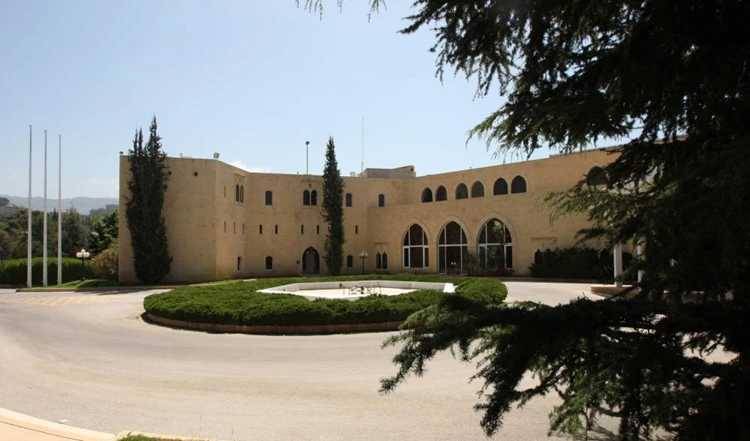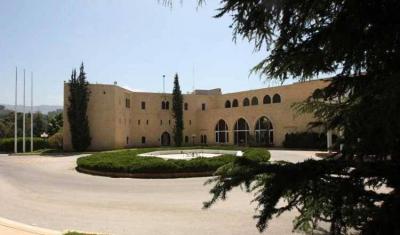Amid a serious escalation from the United States against opposing factions in the region, and the difficulties faced by U.S. Secretary of State Antony Blinken in discussions regarding Hamas's response to the truce framework and prisoner exchanges between Israel and Palestinian resistance with Israeli Prime Minister Benjamin Netanyahu, attention has turned to a new round of negotiations aimed at calming the volatile fronts, particularly in Gaza, the West Bank, and southern Lebanon. Diplomatic sources revealed that the open escalation in the region could extend to the southern front. The sources anticipated, as reported by "Al-Liwaa," that the rocket confrontation fronts in the south would experience new escalation, expanding the scope of shelling and using new rocket weapons.
From this perspective, it has become almost certain that diplomatic efforts are no longer effective at this stage, awaiting the course of new rounds of negotiations regarding the truce in Gaza. In this context, the planned visit of Egyptian Foreign Minister Sameh Shoukry to Beirut was postponed, even though all procedures, including the media framework for the visit and meetings with both President Nabih Berri and Prime Minister Najib Mikati, had been prepared. According to diplomatic information, Hezbollah has refused to be at the center of negotiations regarding the arrangements of the situation in the south if the war in Gaza continues. Consequently, the sources noted that the party is prepared to discuss the issue of whether to keep its units south of the Litani River.
Negotiations began with Israel agreeing to withdraw from several of the contentious points (7 out of 13); however, Hezbollah insists on an immediate withdrawal from the Lebanese part of the village of Ghajar, pending negotiations on withdrawal from the Shebaa Farms. Blinken stated, "We are working to reduce escalation on both sides of the border between Lebanon and Israel, so that citizens on both sides can live in peace."
On the presidential level, informed political sources told "Al-Liwaa" that the freezing of the discussion on the presidential file was due to the desire to avoid complicating the situation further while awaiting developments in Gaza and the south. They indicated that the insistence of Speaker of the Parliament Nabih Berri on dialogue before any other actions does not imply that this dialogue will occur after the parties have stated their positions on it, especially the opposition. This issue may either be reconsidered or emphasized when a delegate from the quintet committee arrives in Beirut, noting that Speaker Berri's insistence on dialogue was expressed recently in front of ambassadors from countries of this committee. Since that meeting, no new movements have been observed, which explains that the presidential obligation remains unchanged, with several deputies mentioning that the file needs local effort before any other attempts.




